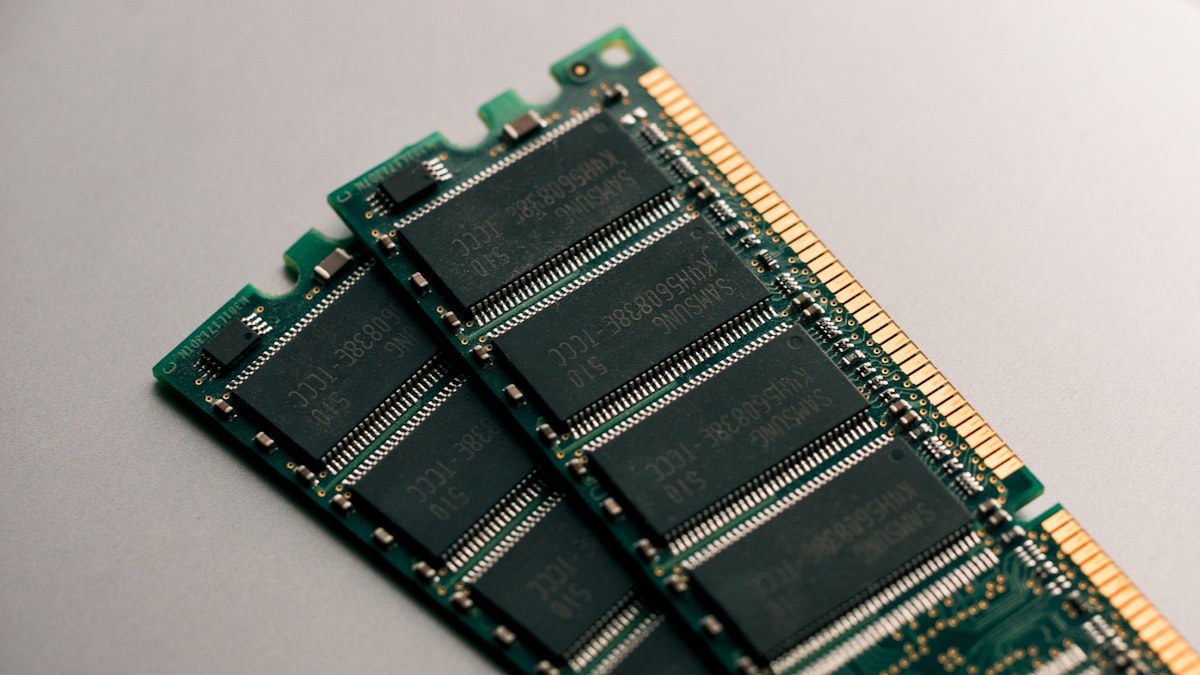MD5 (Message Digest Algorithm 5) is a widely used cryptographic hash function that produces a 128-bit (16-byte) hash value, typically expressed as a 32-character hexadecimal number. Developed by Ronald Rivest in 1991, MD5 was designed to be fast and efficient for use in digital signatures, checksums, and data integrity verification.
Features of MD5:
- Fast Computation: MD5 is known for its fast computation speed, making it suitable for various applications where efficiency is critical.
- Fixed Output Size: The output size of MD5 is fixed at 128 bits, regardless of the input size. This uniformity ensures consistency in hash values across different inputs.
- Deterministic Output: For a given input, MD5 always produces the same hash value, making it predictable and reliable for data verification and comparison purposes.
- Widely Supported: MD5 is supported by numerous programming languages, operating systems, and cryptographic libraries, making it a versatile choice for developers and system administrators.
Security Implications:
While MD5 has been widely used in the past, its security is no longer considered adequate for modern cryptographic purposes due to several vulnerabilities:
- Collision Vulnerability: MD5 is susceptible to collision attacks, where two different inputs produce the same hash value. This weakness undermines its reliability for data integrity verification and digital signatures.
- Preimage Vulnerability: MD5 exhibits preimage resistance weaknesses, meaning it is possible to find an input that generates a specific hash value, compromising its ability to securely hash sensitive data.
- Length Extension Attack: MD5 is vulnerable to length extension attacks, allowing attackers to append additional data to an existing hash value without knowledge of the original input.
- Weaknesses in Hash Compression Function: The underlying algorithm of MD5 includes weaknesses in its hash compression function, which can be exploited by sophisticated attackers to generate collisions and forge digital signatures.
Limitations and Recommendations:
- Deprecated Usage: Due to its vulnerabilities, MD5 is considered deprecated for cryptographic applications requiring collision resistance and preimage resistance.
- Alternative Hash Functions: It is recommended to use modern cryptographic hash functions such as SHA-256 or SHA-3 for applications requiring strong security guarantees.
- Hash Salting: When using MD5 for password hashing, it is essential to employ salted hashing techniques to mitigate rainbow table attacks and enhance password security.
- Legacy Systems: While MD5 remains in use for legacy systems and non-cryptographic purposes such as checksum verification, its usage should be carefully evaluated and phased out where possible.
In conclusion, while MD5 offers fast computation and deterministic output, its security vulnerabilities make it unsuitable for cryptographic applications requiring collision resistance and preimage resistance. Developers and system administrators should prioritize the adoption of modern hash functions and cryptographic best practices to ensure the integrity and confidentiality of sensitive data in their systems.
Source : CheapCpanel
Cheap Cpanel License







